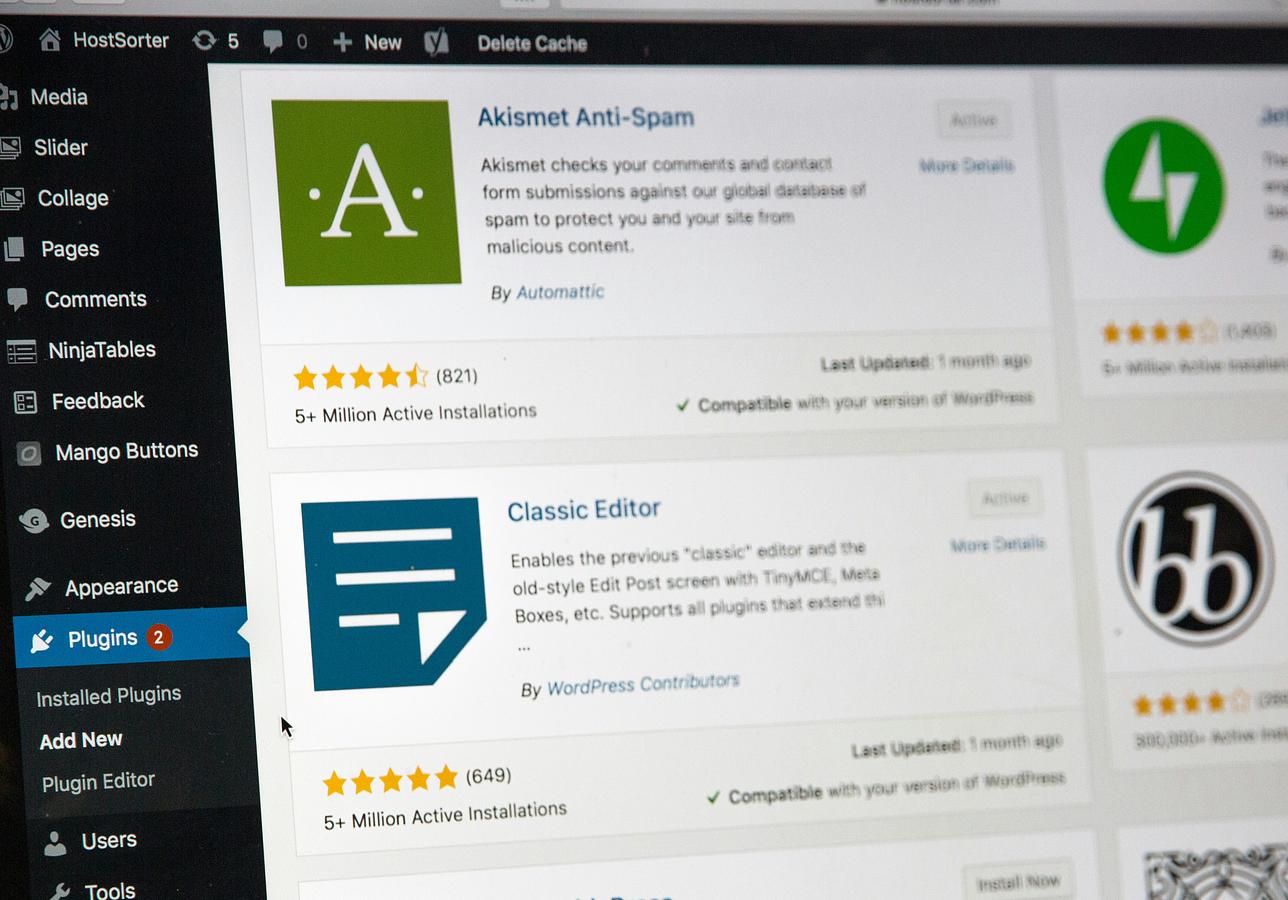Building internal databases for managing skills, CVs and Case studies have been done in many knowledge based companies throughout history. Either by an in-house IT team, or a hired technical consultancy or both. These tools tend to have been built before cloud technology was readily available. Also, these often outdated tools have had its glory days and it is time to replace them with something that is cloud based, hosted, supported 24/7 and updated regularly. In a previous blog post we wrote about the difference between a purpose built tool such as Flowcase, compared with a legacy or in-house system: What separates Flowcase from in-house and legacy CV databases and tools If you are facing a build or buy decision today, we would like to give you our perspective listing some of the worries that is often forgotten when considering whether to update your own tool, or migrate to Flowcase.
Often under-estimated either time or money spent
- Alternative cost of both in-house time spent and the third party integrations or consulting
- Browser and device testing to ensure browser and device compatibility, both backwards and in the future - are rarely included
- Authentication and SSO (Single-Sign-On) configuration
- Support for both end-users and super-users when needed
- Integration with other tools such as HR, AD, CRM, CMS, ERP, Project Management or other tools
Flowcase and our Customer Success team address and cover all of these potential pitfalls. The Flowcase support team is available with just the click of a button in the app for all users. We have a device testing lab covering most devices and browsers. We always configure SSO, and we support most AD configurations. Also, by having Flowcase with a well-documented API gives you the possibility of easily integrating it with other tools you need today and in the future. Flowcase also have the expertise to help your IT team manage integrations with third party apps.
Often neglected as an important criteria today and in the future
- Feature upgrades (will the team that developed the first version be available when you want to improve the tool in 2 years time?)
- Security policies now and in the future
- Devices and app compatibility - in the future there might be a format of the devices your employees use that is not compatible with your design
We regularly update and improve our tool, and our strategy is to be the "best of breed" solution for any professional services company, security is priority number one: Latest Flowcase updates In general, buying a purpose built tool such as Flowcase gives you something that has a team of dedicated developers and designers always working on developing the next feature, based on feedback and observations from actual users. At Flowcase we have gathered feedback from thousands of users and thousands of hours of client meetings, this feedback is impossible to get access to from a team who build an internal tool - and if you hire someone external to do the job they would also be thousand of hours and dollars behind Flowcase in this regard.
To put things in perspective. The process of creating Flowcase and the features we have today, is a result of thousands of client meetings and interactions, several tens of thousands of user feedback sessions, 50 000 hours (and counting) of development and testing, all done by a growing team of experienced developers and designers. Included in a Flowcase roll-out is the best practices from rolling out to several hundred clients in many industries and 20 + countries.
Lastly, you have more important things to use your time to, such as content, bid strategies, recruiting, sales etc. why should developing and managing an IT project be a part of your role?



.jpg)
